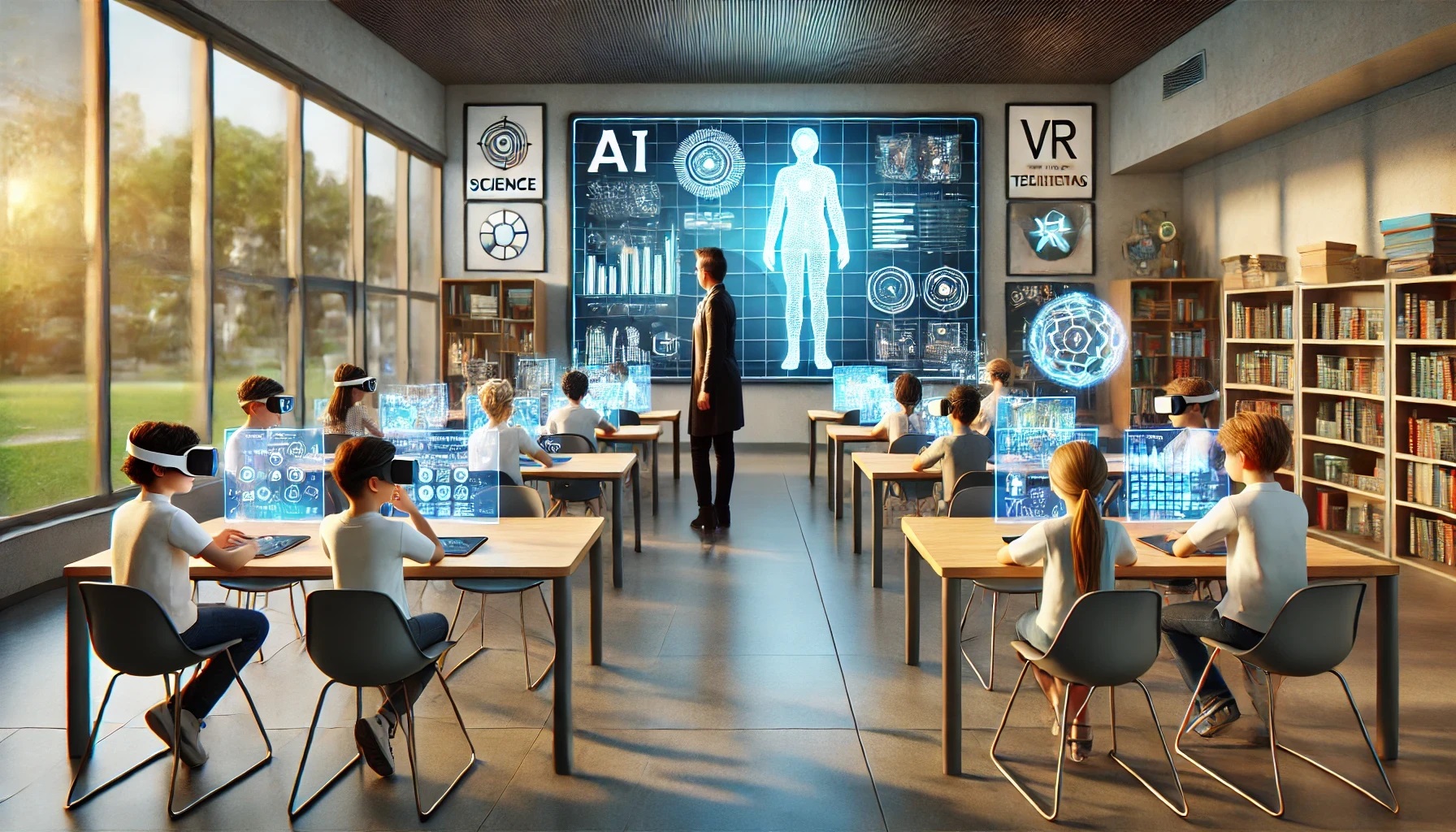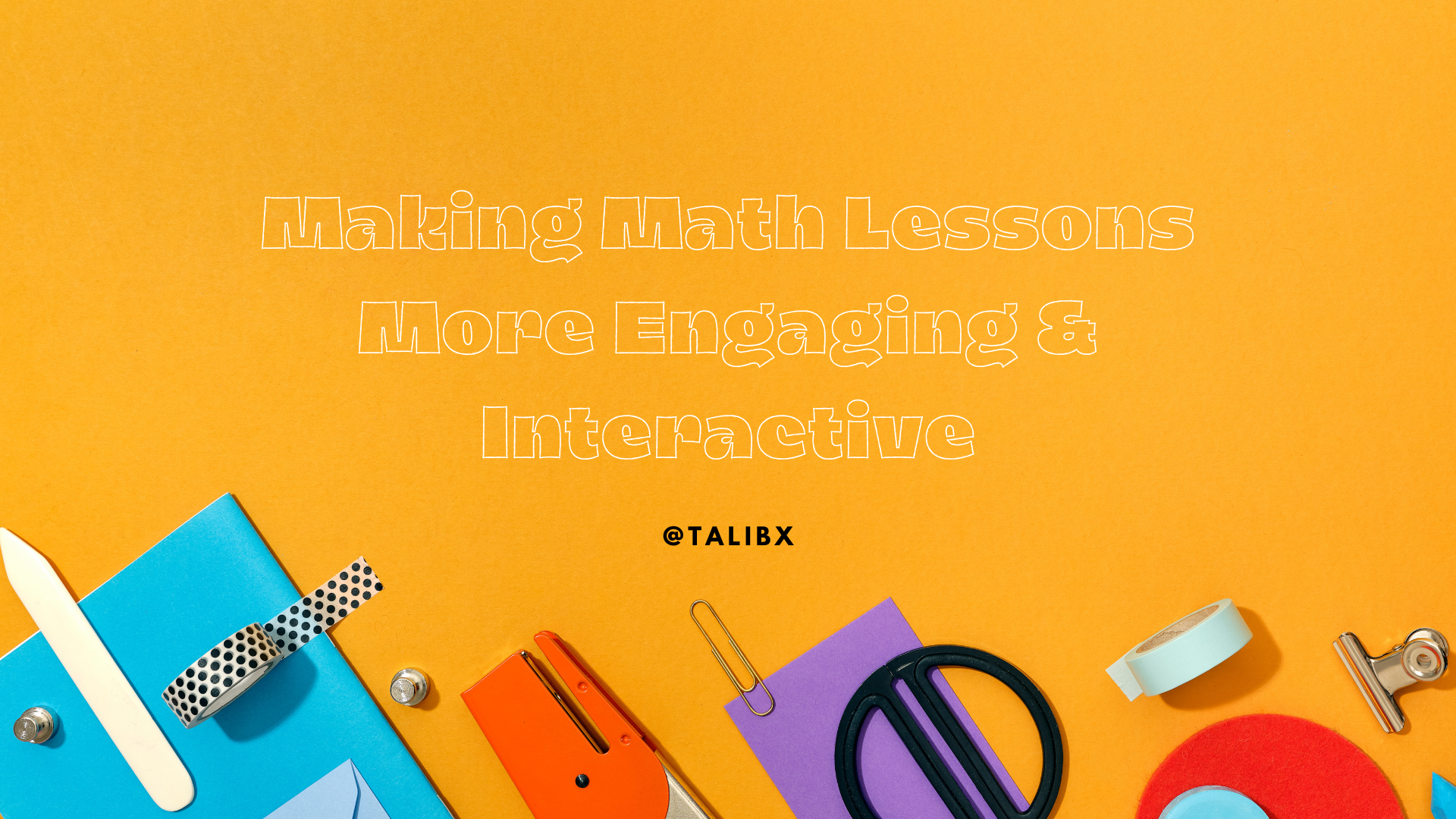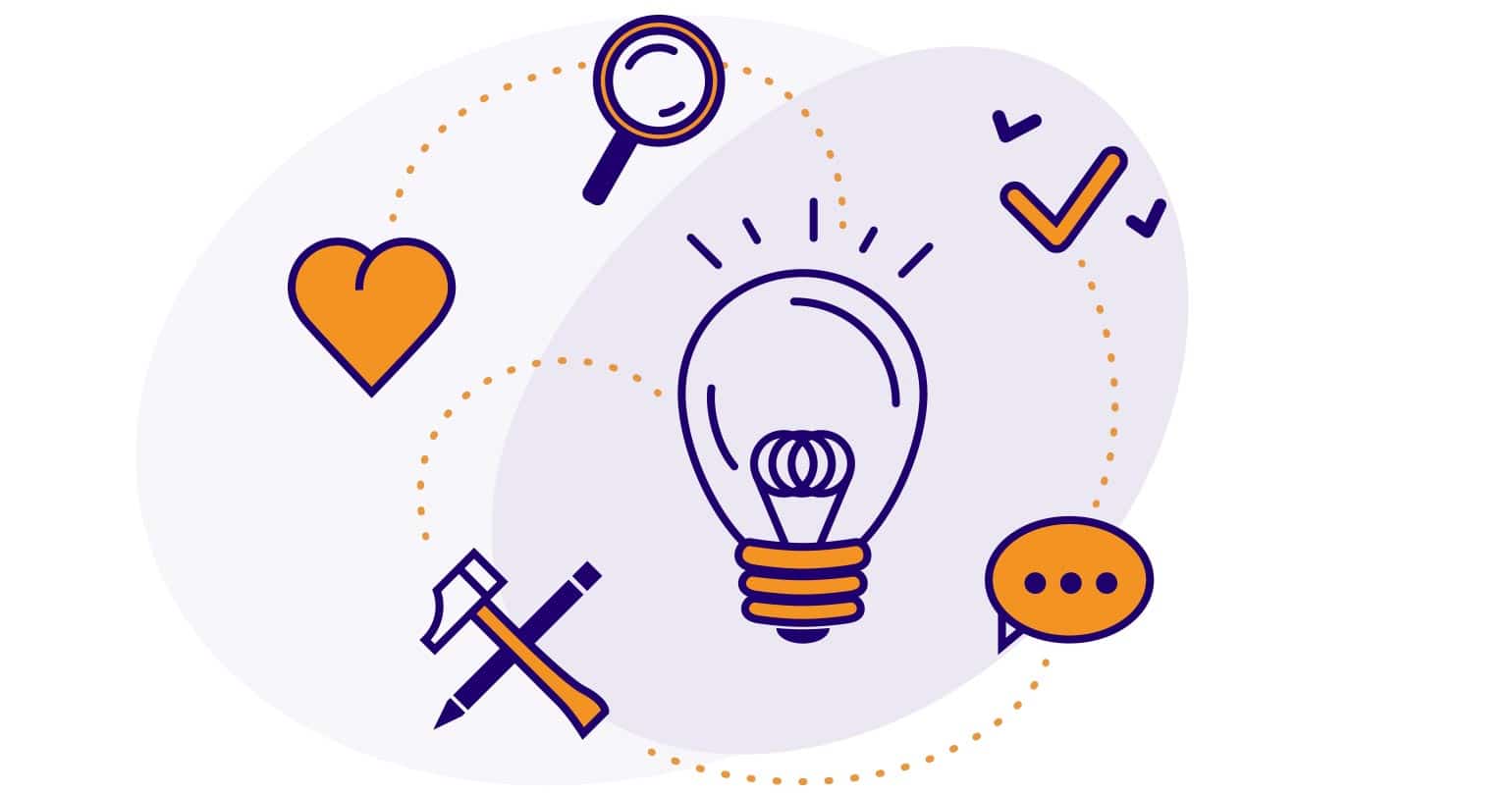The traditional model of learning involves students sitting in a classroom, listening to lectures, and taking notes. While this approach has its merits, it may not always be the most effective way for students to learn. Experiential learning, on the other hand, allows students to learn by doing, engaging in hands-on activities that promote critical thinking, problem-solving, and creativity. In this article, we will explore the benefits of experiential learning and how it can enhance students' educational experiences.
What is Experiential Learning?
Experiential learning involves activities that take place outside of the traditional classroom setting. It includes internships, field trips, service learning, and other hands-on activities that give students the opportunity to learn by doing. The key idea behind experiential learning is that students learn best when they are actively engaged in the learning process, rather than passively receiving information.
Benefits of Experiential Learning
- Enhancing Retention and Recall: Experiential learning can lead to better retention and recall of information. When students engage in hands-on activities, they are more likely to remember the concepts they learned because they experienced them firsthand. For example, if students learn about marine life in a classroom, they may forget the details later on. However, if they go on a field trip to a marine biology center, they are more likely to remember the information because they saw the animals and the environment in person.
- Developing Critical Thinking and Problem-Solving Skills: Experiential learning promotes critical thinking and problem-solving skills. When students are presented with real-world problems, they must think creatively to find solutions. For example, if students are tasked with designing a sustainable garden, they must consider factors such as soil quality, water conservation, and plant selection. These types of projects require critical thinking and problem-solving skills that are essential in today's world.
- Fostering Creativity: Experiential learning can foster creativity in students. When students are given the opportunity to create something from scratch, they must think outside the box and come up with unique ideas. For example, if students are asked to design a product that solves a problem in their community, they must think creatively to develop a solution that is both functional and innovative.
- Building Confidence: Experiential learning can also build students' confidence. When students engage in hands-on activities and see the results of their work, they feel a sense of accomplishment. This can boost their confidence and encourage them to take on new challenges.
- Developing Real-World Skills: Experiential learning can help students develop real-world skills that are essential in the workforce. For example, internships allow students to gain practical experience in their chosen field, while service learning projects teach students about community service and civic engagement. These experiences can help students develop skills such as communication, teamwork, and leadership.
Experiential learning is a valuable approach to education that allows students to learn by doing. Through hands-on activities such as internships, field trips, and service learning, students can enhance their educational experiences and develop skills that are essential in today's world. Experiential learning promotes retention and recall, critical thinking and problem-solving skills, creativity, confidence, and real-world skills. By incorporating experiential learning into our educational programs, we can help students reach their full potential and prepare them for success in the future.




